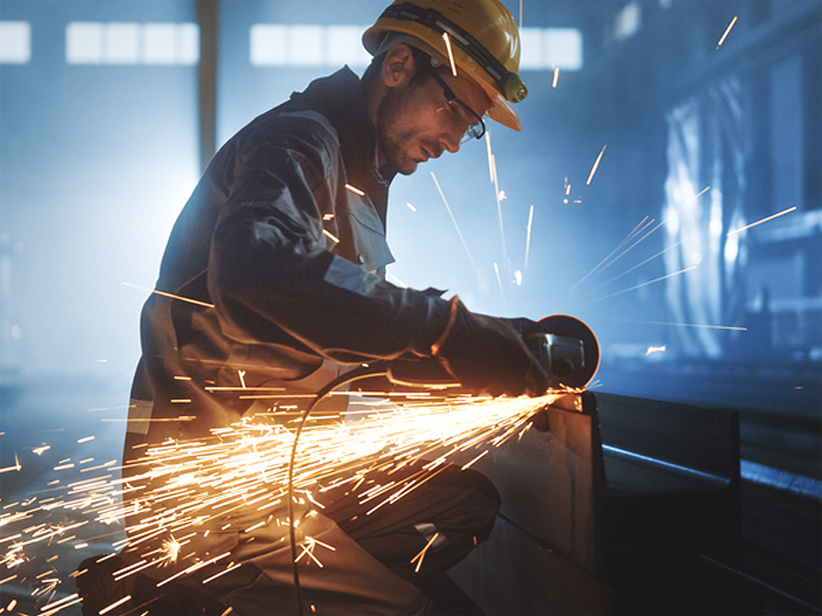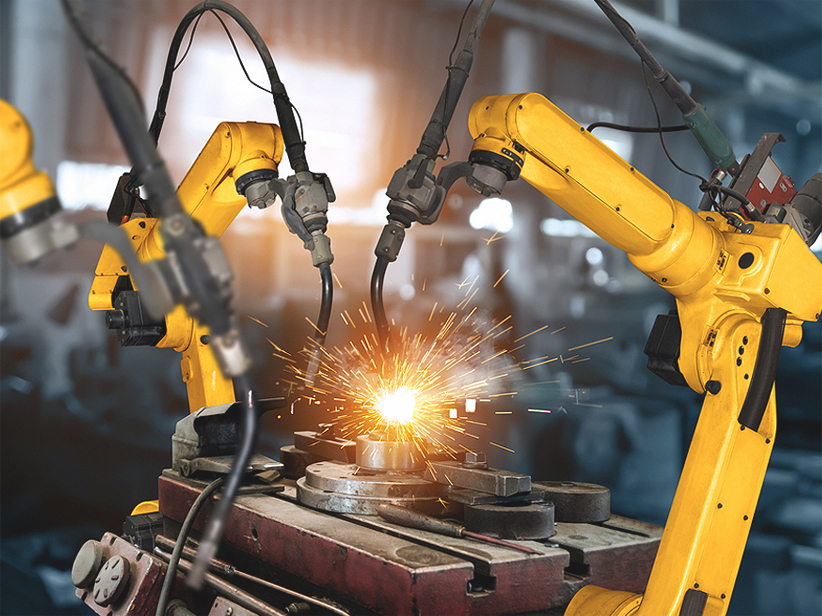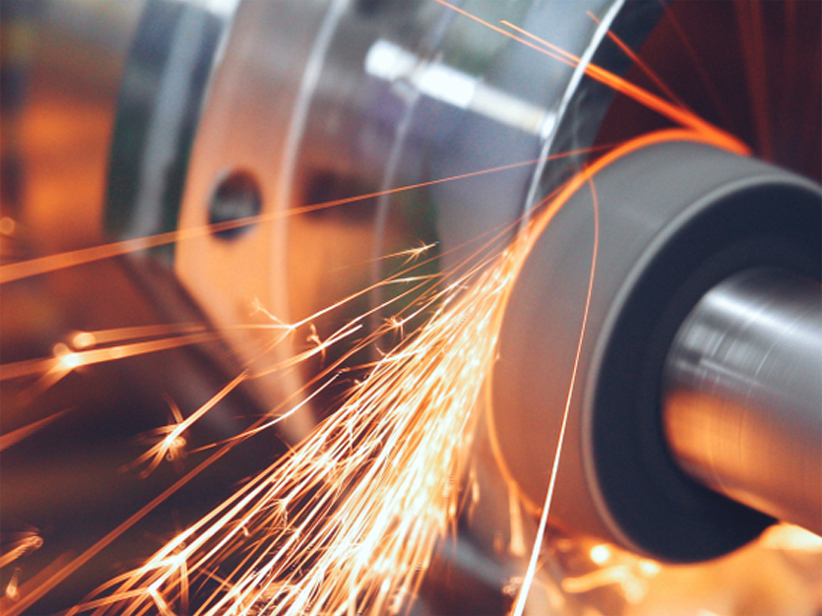Description
Stainless Steel Grade 4130/1.7218, also known as Chrome-Moly Steel, is a low-alloy steel containing chromium and molybdenum as its strengthening agents. This grade is known for its excellent strength-to-weight ratio, making it ideal for applications requiring a strong, yet lightweight material. It offers good weldability, machinability, and can be hardened by heat treatment. 4130 is widely used in the aerospace and automotive industries, as well as in oil and gas extraction, due to its high toughness and resistance to stress and strain.
Chemical Composition
The typical chemical composition of 2594 grade stainless steel is as follows (in weight percent):
Carbon (C): 0.28 - 0.33%
Chromium (Cr): 0.80 - 1.10%
Molybdenum (Mo): 0.15 - 0.25%
Manganese (Mn): 0.40 - 0.60%
Silicon (Si): 0.15 - 0.35%
Phosphorus (P): ≤ 0.035%
Sulfur (S): ≤ 0.040%
Iron (Fe): Balance
Mechanical Properties
The mechanical properties of 2594 grade stainless steel include:
Tensile Strength: 560 - 670 MPa
Yield Strength: 460 MPa (minimum)
Elongation: 20% (in 50mm)
Hardness: 217 HB (Brinell Hardness)
Impact Strength: Excellent toughness
Thermal & Physical Properties
Density:7.85 g/cm³
Melting Point: 1432°C (2610°F)
Thermal Conductivity: 42.7 W/m-K at 21°C
Specific Heat Capacity: 477 J/kg-K
Electrical Resistivity: 213 nΩ•m
Other Designations
2594 grade stainless steel is known by several designations, including:
UNS Number: G41300
SAE: 4130
AISI Number: 4130
AMS Number: 6345, 6346, 6350
Fabrication and Heat Treatment
Welding:4130 steel is highly weldable using all conventional methods, including arc welding, TIG welding, and MIG welding.
Machinability: It has good machinability, particularly in the annealed condition. It is often machined after tempering.
Heat Treatment:
Annealing:Heat to 843°C (1550°F) and cool slowly in the furnace.
Normalizing: Heat to 870°C - 900°C (1598°F - 1652°F) and air cool.
Tempering: After quenching, tempering should be done at 400°C - 650°C (752°F - 1202°F) depending on the required properties.
Quenching: Water or oil quenching after heating to 870°C - 900°C (1598°F - 1652°F).
Applications
Aerospace: Aircraft structural components, landing gear, and engine mounts.
Automotive: Roll cages, frames, and suspension components.
Oil & Gas:Drilling rigs, pipelines, and other high-stress environments.
Motorsport: Chassis and roll bars.
Bicycles: High-performance bicycle frames.
Supplied Forms
Bars
Wires
Forgings
Features
High Strength-to-Weight Ratio: 4130 provides excellent strength without adding significant weight, making it ideal for aerospace and automotive applications.
Good Weldability: Easily welded using standard methods, 4130 is favored in applications requiring strong joints.
Heat Treatable: The grade can be hardened to increase strength and wear resistance through heat treatment processes.
Toughness: Offers excellent toughness, even in hardened and tempered conditions.
Corrosion Resistance: While not as corrosion-resistant as stainless steels, 4130 provides moderate resistance to atmospheric conditions.






